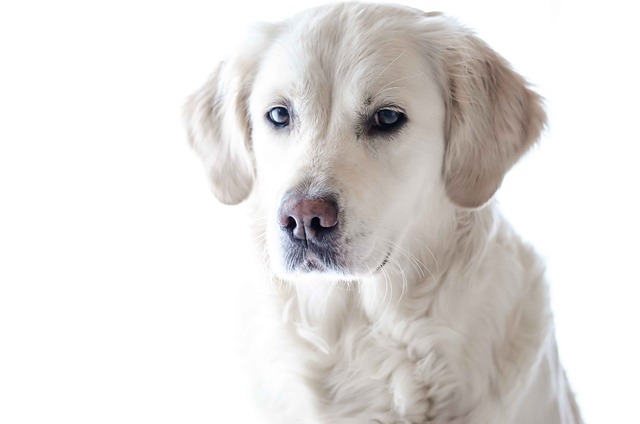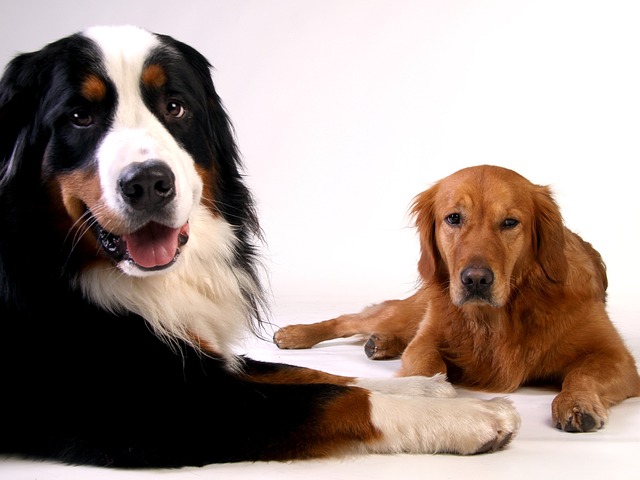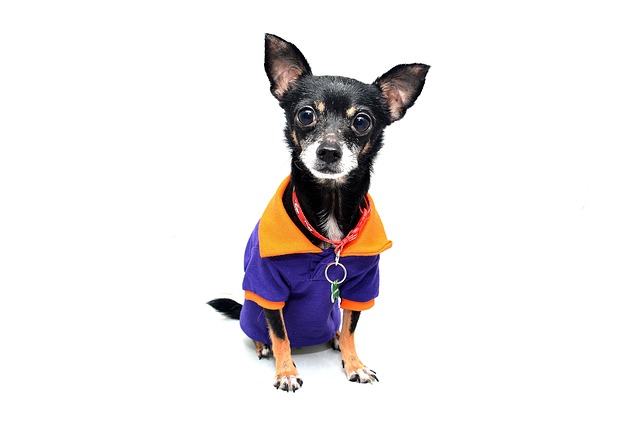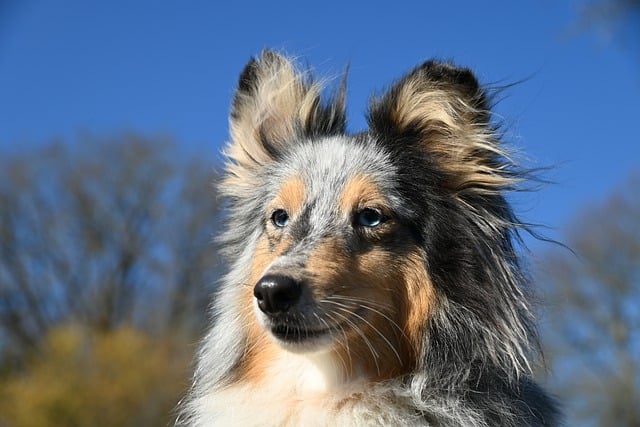
How to get rid of labrador smell?
Labrador owners often notice that distinct, earthy smell lingering on couches or their favorite sweaters—especially after a romp in the park or a dip in the neighborhood pond.
If you’re a new dog parent in the US—maybe you’re sitting on your Philadelphia apartment couch, gently holding your 9-month-old Shih Tzu, Mochi’s, face to check his eyes, and you notice a thin, bald patch along his left eyebrow, or you’ve caught your Lab mix, Cooper, scratching at his eye area so much that the fur there is starting to look sparse—you’ve probably panicked a little: Is he sick? Did he hurt himself? Missing fur around a dog’s eyes (called “periocular alopecia”) is common, but it’s never random. Let’s break down why it happens, how to help, and when to worry.
First, let’s keep the science simple: The skin around a dog’s eyes is thin and sensitive—way more delicate than the fur on their back. Most fur loss here ties to irritation or stress: maybe Mochi’s long facial fur is getting matted and pulling at his skin, or Cooper is scratching because pollen from your apartment plant is making his eyes itchy. Sometimes it’s even a reaction to something small, like the scented eye wipes you used to clean his boogers. Unlike a one-time scratch, consistent fur loss means the irritation is ongoing. My friend Lisa in Texas had this issue with her Pug, Max: His eye fur started thinning, and she realized it was from his plastic food bowl rubbing his face while he ate—switching to a stainless steel bowl grew the fur back in 3 weeks. Small fixes often work.
Here’s how to figure out why your dog is missing fur around his eyes, step by step: Start with a calm check—call your dog over with a cheerful “treat time!” and give him a freeze-dried chicken bite first (positive reinforcement keeps him relaxed; never hold his face still or scold him if he wiggles—punishment goes against US animal welfare norms and will make him hide when you want to check). Gently part the fur around his eyes: Look for redness, crusty spots, or tiny bumps (signs of allergies or infection) and check if his fur is matted (long-haired breeds like Shih Tzus get tangles that pull out fur). For quick fixes: If it’s mats, use a small, soft comb to gently detangle (hold the skin taut so it doesn’t pull) while giving treats. If you suspect allergies, swap scented products (eye wipes, laundry detergent for his bed) for unscented ones. For apartment living, keep windows closed during high-pollen days—pollen drifts in and irritates eyes, making him scratch.

Now, let’s tie in rules and habits that matter. Every US state requires core vaccines (distemper, parvovirus)—distemper can cause facial fur loss and eye infections, so keeping your dog’s shots up to date isn’t just the law (fines for skipping can hit $150+ in California or New York)—it’s a way to rule out serious issues. When you walk your dog (even if his eye fur is just thinning), always clean up his poop—cities from Seattle to Boston fine up to $300 for leaving waste, and outdoor irritants (like grass pollen or dust) stick to his paws and face, making him scratch more. If you live in an apartment, avoid placing his bed near air vents—dry air dries out his eyes, leading to itching and fur loss. At the dog park, steer clear of dogs with runny eyes or bald spots—germs spread fast when pups sniff each other’s faces, and you don’t want to make his issue worse.
Missing fur around your dog’s eyes might feel worrying, but it’s almost always fixable with gentle care. With a little observation, pet-safe products, and a vet visit if fur loss lasts more than 2 weeks, you’ll watch that fur grow back. Before you know it, Mochi will have his full, fluffy eyebrows again, and Cooper will stop scratching—both happy, healthy, and back to their playful selves.

Labrador owners often notice that distinct, earthy smell lingering on couches or their favorite sweaters—especially after a romp in the park or a dip in the neighborhood pond.

You’ve lathered them up three times this week, rinsed until the water runs clear, and even used that fancy lavender shampoo they used to love—but the second they shake off, that same stubborn smell comes right back.

Finding clumps of your dog’s fur on the couch or stuck to your clothes isn’t always normal—if it’s more than the usual seasonal shed, it’s time to act.

If you’re a new dog parent in the US—maybe you’re sitting on your Philadelphia apartment couch, gently holding your 9-month-old Shih Tzu

A smelly dog can turn your cozy evening on the couch into an unpleasant experience, but rushing to the tub too often might do more harm than good.

Run your hands along your German Shepherd’s sides—if you can feel their ribs, spine, or hip bones easily without pressing hard, that’s a common sign they’re too skinny.